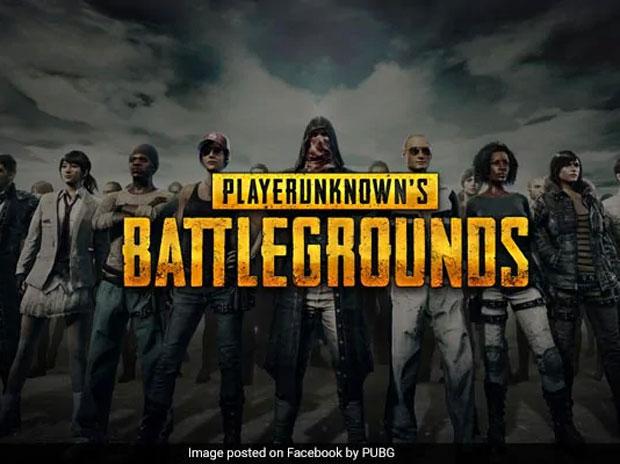
India doesn’t have much of a history with popular computer games, unlike the U.S. or Japan. But now one of the industry’s kill-or-be-killed titles has become a smash hit -- and the backlash from the country’s traditionalists is ferocious.
PlayerUnknown’s Battlegrounds is a Hunger Games-style competition where 100 players face off with machine guns and assault rifles until only one is left standing. After China’s Tencent Holdings Ltd. introduced a mobile version of the death match that’s free to play, it has become the most popular smartphone game in the world, with enthusiasts from the U.S. to Russia to Malaysia.
Nowhere has resistance to the game been quite like India. Multiple cities have banned PUBG, as it’s known, and police in Western India arrested 10 university students for playing. The national child rights commission has recommended barring the game for its violent nature.
One of India’s largest Hindi newspapers declared PUBG an “epidemic” that turned children into “manorogi,” or psychopaths. “There are dangerous consequences to this game,” the Navbharat Times warned in a March 20 editorial. “Many children have lost their mental balance.”
Computer games have outraged parents and politicians for at least 20 years, since Grand Theft Auto first let players deal drugs, pimp out prostitutes and kill off strangers to steal their cars. Just last year, China went through its most serious crackdown on games, freezing approval of new titles and stepping up scrutiny of addiction and adverse health affects.
Inside Tencent’s Struggle to Bring World’s Hottest Game to China
What’s different about India is the speed with which the country has landed in the strange digital world of no laws or morals...Read more
No comments:
Post a Comment